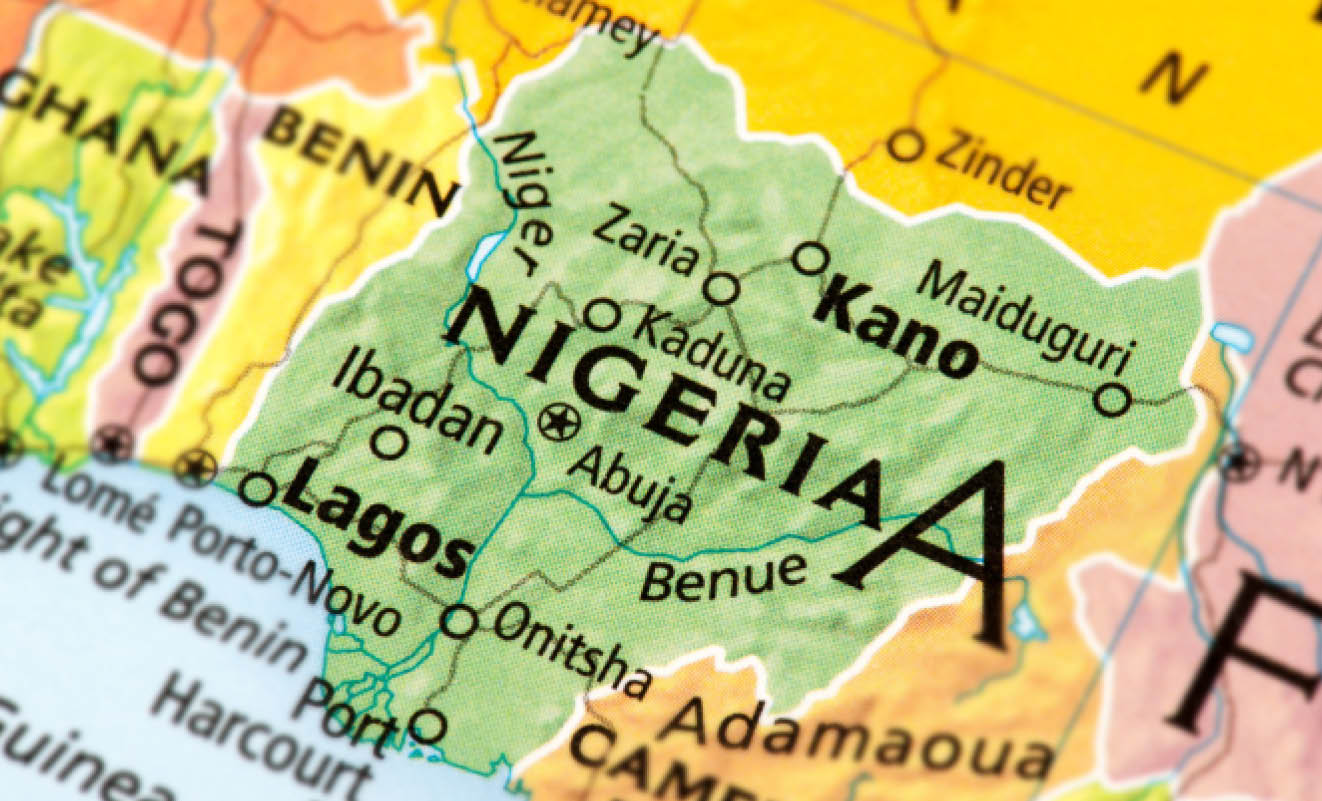The National Economic Council (NEC) presided over by Vice President Yemi Osinbajo has endorsed “Nigeria Agenda 2050” designed to take the country through to Upper Middle-Income Country and subsequently to the status of High-Income countries.
The Agenda 2050 was presented by the Ministry of Finance, Budget and National Planning to State Governors and other members of NEC, including federal ministers at an emergency session first NEC meeting this year.
Speaking after the presentation and discussion by Council members, Prof. Osinbajo said the plan “captures a lot of the expectations for Nigeria in the future and hopefully implementation which is key if effectively done.”
Also commenting on the Agenda 2050, the Minister of State for Budget and National Planning, Prince Clem Agba said the Federal Government had taken steps in ensuring the operationalization of the plan, especially with the inauguration of the Steering Committee of the National Development Plan by the VP.
Why elections won’t hold in 240 polling units – INEC
Valentine: Spotify ranks D’Banj, Banky W’s songs most streamed music
Prof. Osinbajo had earlier today inaugurated the Steering Committee of the National Development Plan.
President Muhammmadu Buhari had on 9th September, 2020 inaugurated the National Steering Committee (NSC) for the preparation of the Medium-Term National Development Plan (MTNDP) 2021 – 2025 and Nigeria Agenda 2050.
The presidential spokesman, Laolu Akande, in a statement said Agenda 2050 is to help Nigeria attain her desire to successfully join the group of upper middle-income countries and subsequently to high-income group with annual average real GDP growth projection of 7.0 percent.
He said: “Nigeria’s long-term ambition is to improve its per capita GDP from about US$2,084.05 in 2020 to US$6,223.23 in 2030 and US$33,328.02 in 2050, with rapid and sustained economic growth, job creation and poverty reduction.
“The real growth rate of the GDP of the first medium-term NDP 2021-2025 on average will be 4.65 percent and this will increase to 8.01 percent in the second NDP; subsequently, it is expected to increase to 8.43 percent in the third.
“Consequently, the number of full time jobs created will be roughly 165 million during the Agenda period to spur poverty reduction.
“The number of people in poverty will decline from the roughly 83 million in 2020 to about 47.8 million in 2025 and to 2.1 million by 2050, thus taking a significant segment of the population out of poverty.”

 Join Daily Trust WhatsApp Community For Quick Access To News and Happenings Around You.
Join Daily Trust WhatsApp Community For Quick Access To News and Happenings Around You.


